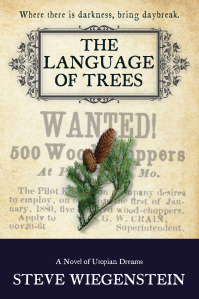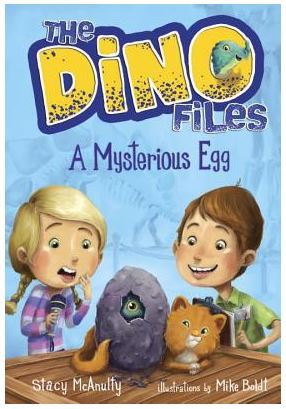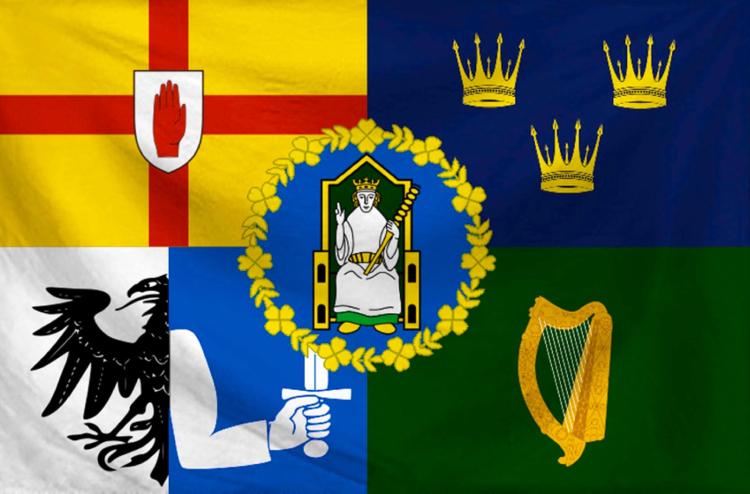Please welcome my special guest today, historical fiction author Steve Wiegenstein. He’s a good friend, fellow Missourian and a fun drinking partner! I love this essay. I hope you do too.

Photo credit: Kaci Smart
In an earlier post on this blog, Nicole writes about the challenges of portraying strong women in proper historical context, responding to some recent articles and speeches by Hilary Mantel and others. I’d like to echo some of her thoughts and add my own perspective.
Perhaps the greatest gift I have been given in my writing life was to have been raised by and among strong, intelligent women. My mother, aunts, grandmother, and “neighbor ladies,” (to use the regional generic) were people with clear opinions, broad knowledge, and a profound sense of right and wrong.
Only from the perspective of later life have I come to understand the obstacles they dealt with. When my mother was born, the Nineteenth Amendment was less than three years old, marital rape was still an unheard-of legal concept, and women made up only about one-fifth of the workforce. A “strong woman,” pretty much by definition, was trouble.
The farther back in history we look, the more dispiriting the story becomes. From witch-burnings to marriage laws to the simple daily grind of being seen by those in power as something less than human, the lives of women through the ages were characterized by disempowerment and oppression.
And yet . . .
As a novelist, the prospect of writing story after story about disempowerment and oppression is so dreary. So it’s understandable that writers look for that prototypical “strong female lead character” that publishers, agents, and readers prize. There are a lot of legitimate ways to do this, none of which are wrong.
 We look for the exceptional women who have gained historical fame—Elizabeth I, Madame de Stael, Catherine the Great. We search out the exceptional women who deserved more fame than they received in their time, like Sophie Scholl, Mary Katharine Goddard or Nicole’s own Victoria Woodhull. Or we step into the realm of the mythical and semi-mythical, to the Amazons, Valkyries, or other women of legend.
We look for the exceptional women who have gained historical fame—Elizabeth I, Madame de Stael, Catherine the Great. We search out the exceptional women who deserved more fame than they received in their time, like Sophie Scholl, Mary Katharine Goddard or Nicole’s own Victoria Woodhull. Or we step into the realm of the mythical and semi-mythical, to the Amazons, Valkyries, or other women of legend.
But there’s another tack I’d recommend, and it’s the one I have chosen in my work. Rather than look among the famous or near-famous, I think there’s plenty of drama in the everyday struggle itself. When I think of great American characters, Jo March certainly comes to mind, and although she is not a character in a historical novel (the events of Little Women are nearly contemporaneous with its publication), I think she points the way for us.
What do we remember about Jo? For me, it’s her wide range of emotions, the vividness of her portrayal, and the determination with which she deals with the challenges of life as they confront her. In other words, she is a character with whom we can “relate.” Before Jo is the model of a strong female lead, she is a vibrant human being trying to find her way in a world that underestimates and sometimes thwarts her. Characters like her can be found throughout history and in our own family stories, women who strove to accomplish their goals, whether great or small. As we search for ways to bring those strong female characters into our fiction without violating the realities of history, a good place to start is in the diaries and journals, the stories and jokes, of ordinary people who are anything but ordinary.
Steve Wiegenstein’s most recent novel is THE LANGUAGE OF TREES (Blank Slate Press).
Note from Nicole: Steve’s new book came out September 26. You can order it here.
Advertisements Share this:- More





